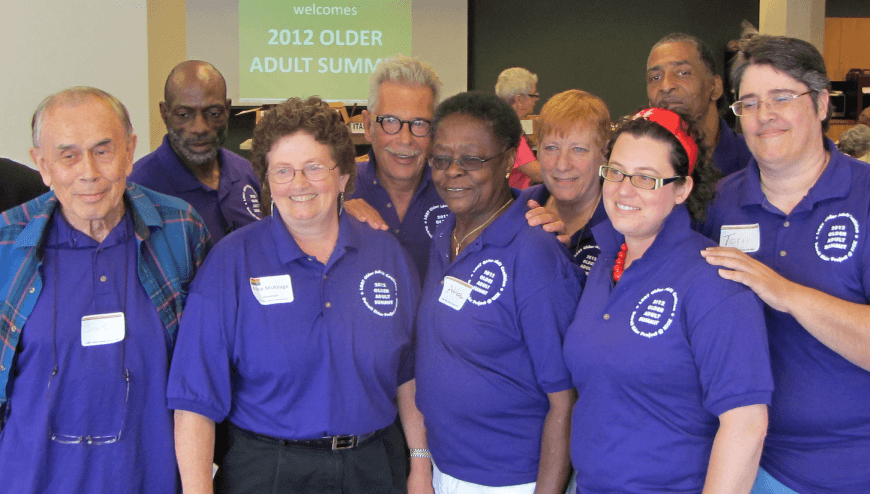
Aging is never easy. Most older adults face an array of physical, emotional and financial challenges. For LGBT seniors, those challenges are magnified.
In contrast to their heterosexual peers, LGBT elders are far more likely to be single, childless and estranged from their biological families. Adding to their sense of isolation, they often find that traditional senior providers fail to understand their unique needs.
In 2010, the ACLU of Michigan joined forces with several area nonprofits to convene a conference exploring the problems faced by LGBT seniors. As ACLU attorney Jay Kaplan recalls, “Again and again, we heard the same fear: ‘What will happen to me if I become ill? Will service providers accept me and welcome me, or will I be forced to hide who I really am?’”
In 2011, the ACLU of Michigan used a grant from the Community Foundation’s HOPE Fund to launch an initiative aimed at educating the public and protecting the rights of Michigan’s LGBT community. That same year, a second grant enabled the ACLU, the Area Agency on Aging 1-B and other nonprofit partners to form the LGBT Older Adult Coalition. Within two years, the group had developed an LGBT resource guide, presented educational sessions for service providers, conducted training on LGBT cultural competency, and hosted three summits focused on LGBT seniors.
Now, a $50,000 grant from The HOPE Fund is enabling the ACLU of Michigan and three local Area Agencies on Aging to expand on the work of the coalition and create an LGBT culturally competent network for aging services throughout Wayne, Oakland, Macomb, Monroe, Washtenaw, Livingston and St. Clair counties. Initiatives include intensive training for staff at call centers, more sensitive methods of LGBT data collection, and the implementation of key policy changes based on ACLU guidelines.
“This model is not about reinventing the wheel,” Kaplan explains. “It’s about working with the region’s largest senior providers to ensure that they can connect with LGBT elders and serve them with dignity.”
